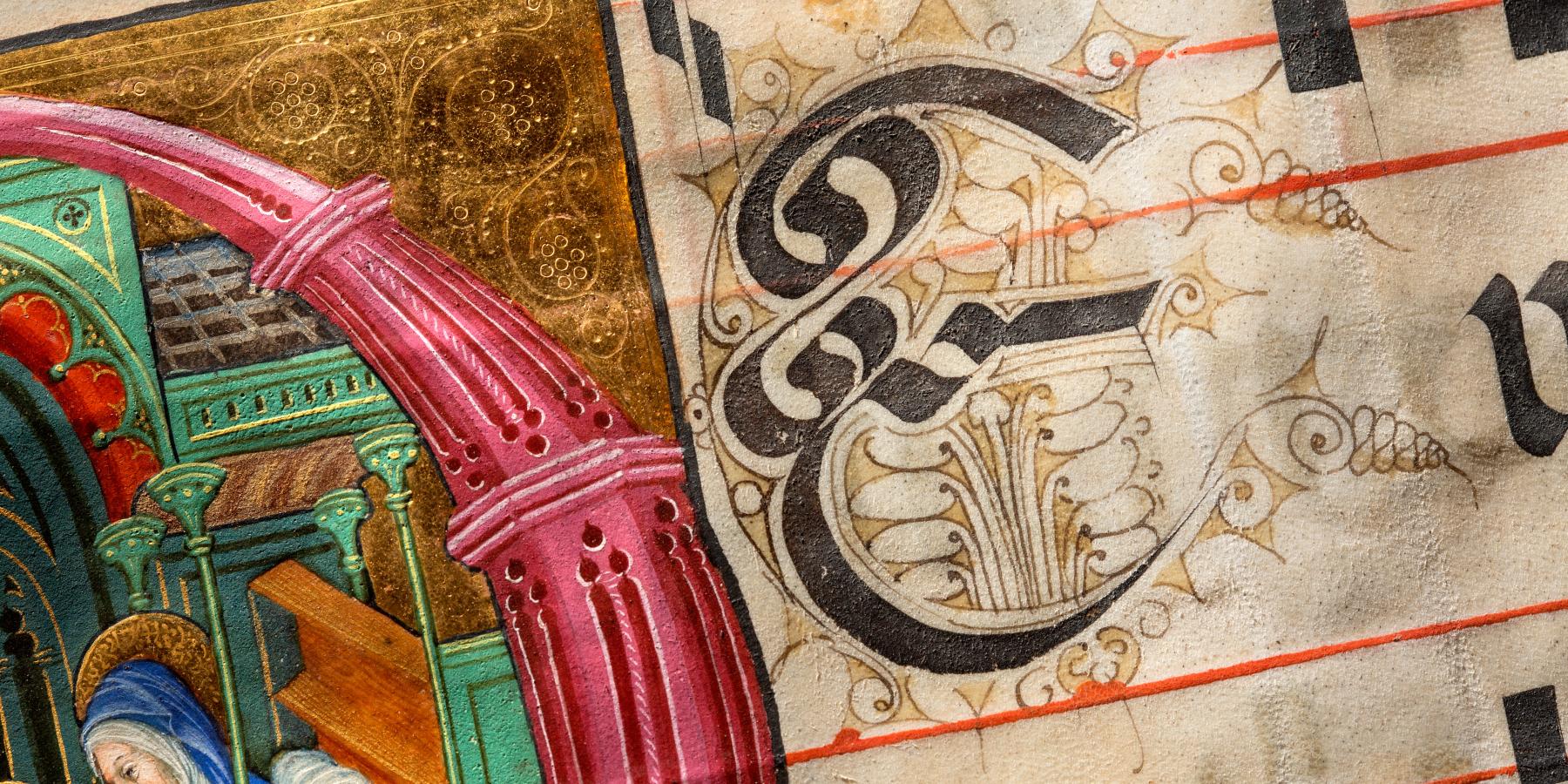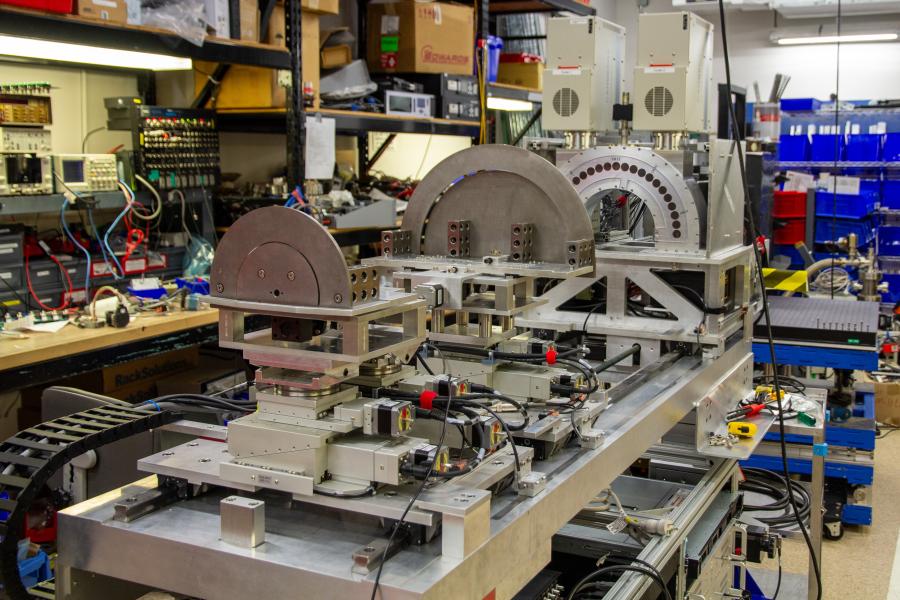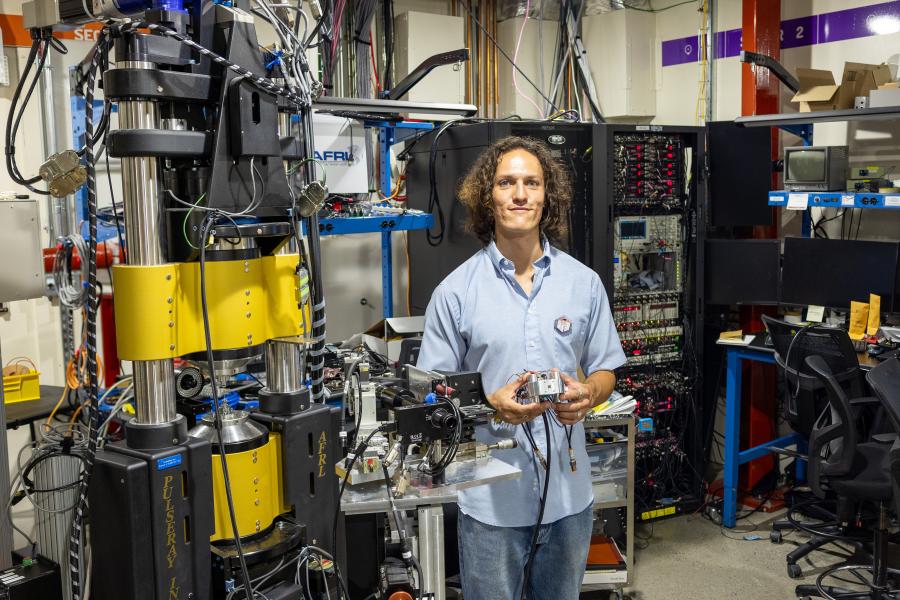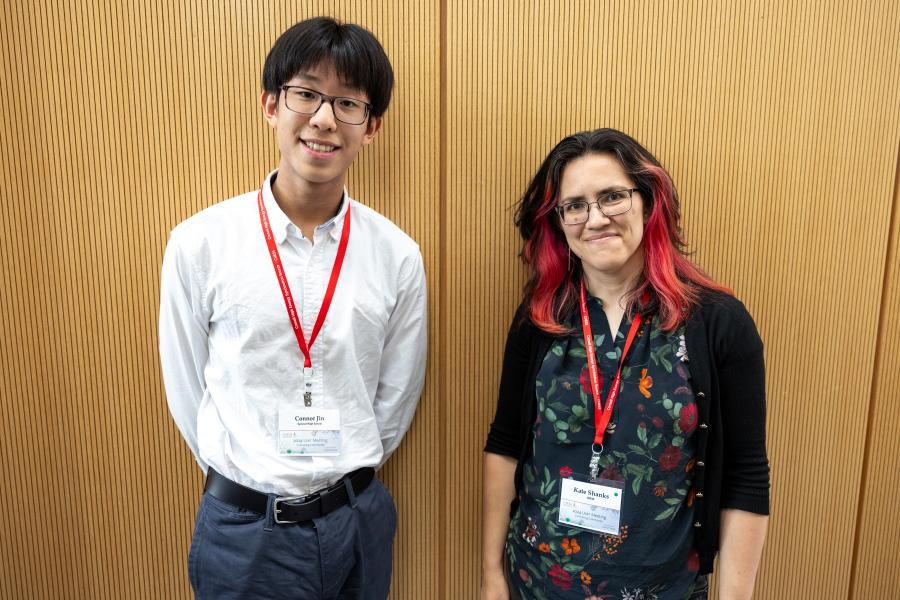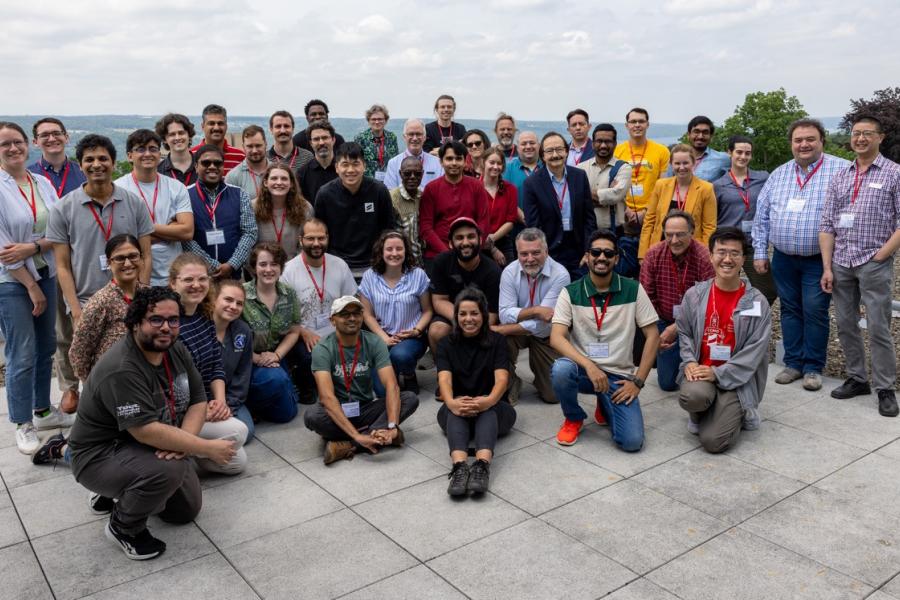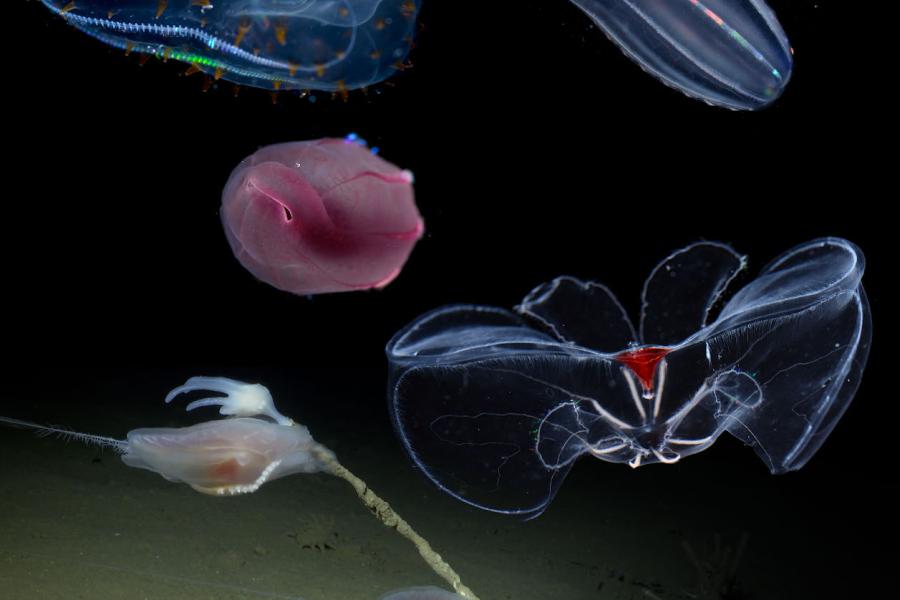Sidebar Menu (View Pages)
- Status
- ⌃ Science
-
⌃
Users
- What's the process? - Prospective User Guide
- User Guide
- Beamline Directory
- CHESS Deadlines
- X-Ray Run Schedule
- CHESS 2026_1 Updates
- Shipping
- ⌃ Safety
- Travel and Lodging
- Acknowledgments
- User Agreement
- CHESS Status Page
- ⌃ Technical Resources
- ⌃ Facilities
- ⌃ Public
- Industry
- ⌃ About
Tags
Featured
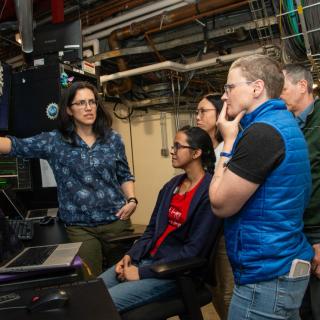
Capturing the Full Picture - Why Rigor and Reproducibility Matter in Materials Science
As synchrotron research pushes the boundaries of materials science, CHESS is leading efforts to ensure that discoveries are not only groundbreaking—but also reproducible and shareable. By combining advanced tools, thoughtful data practices, and close collaboration, CHESS and its users are building a new model for rigorous, impactful science.
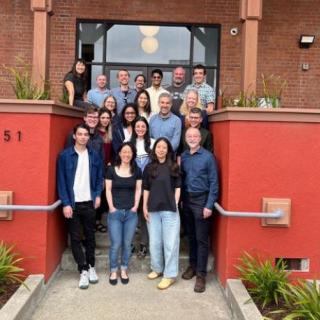
Philanthropic support accelerates infrastructure for the future of structural biology
A new $5 million initiative, funded by the Astera Institute, aims to make diffuse scattering – a signal in X-ray crystallography that reveals protein dynamics – accessible to the public and the broader scientific community.
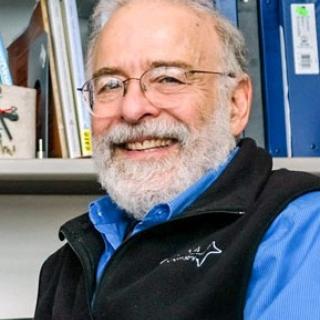
CHESS User Hector Abruña receives 2025 Dreyfus Prize in the Chemical Sciences
"Abruña's research has not only advanced the field of electrochemistry but has also elevated the capabilities of CHESS and inspired countless researchers across disciplines."
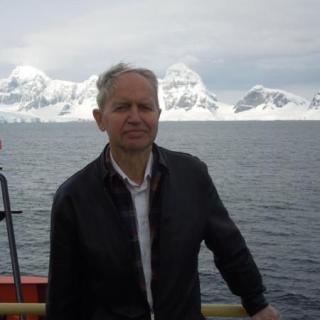
Don Hartill, longtime physics professor, CLASSE Director, & Lansing mayor, dies at 86
Donald Hartill, a professor of physics emeritus in the College of Arts and Sciences and a driving force behind decades of experimental research in particle physics, died on April 16. He was 86.
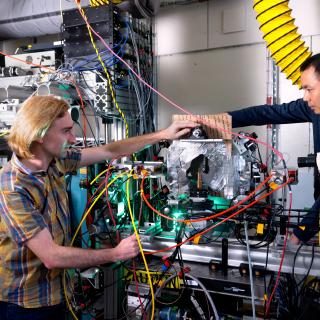
CHESS Upcoming Workshops!
Workshops at CHESS are an ideal way to learn more about the techniques of CHESS. Each workshop is geared to strengthen users' knowledge about CHESS, while engaging each participant's needs in order to further the capabilities of CHESS.

User Office Update - April 2025
On behalf of the CHESS User Office, we extend our heartfelt congratulations to our users and staff for a remarkably successful 2025_1 run cycle. Your dedication and research continue to inspire us!
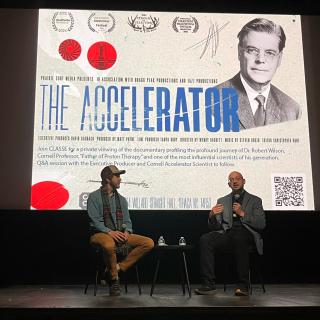
The Accelerator: Robert Wilson's Impact at Cornell & Beyond
On April 8, members of the CLASSE and CHESS communities gathered at Cornell Cinema for a private screening of The Accelerator, a new documentary chronicling the life and legacy of physicist Robert R. Wilson.
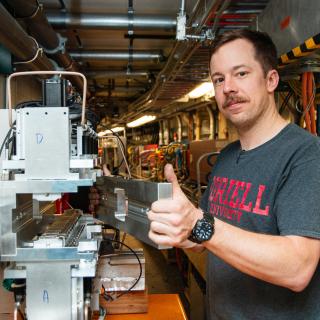
Behind the Beams: Downtime? Not Exactly.
While the particle accelerator buried beneath Cornell’s soccer field typically hums along 24 hours a day, 7 days a week, the spring down period offers a rare and essential pause in operations. For two weeks, the synchrotron powers down—giving CHESS technical staff, scientists, and engineers a valuable window to dive into hands-on work that’s impossible when the machine is running.
